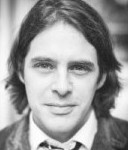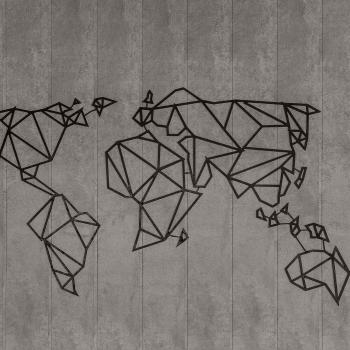Modern education aims to be ‘inclusive’, and that means not sounding too certain about anything in case you make people who don’t share your beliefs feel uncomfortable. Indeed, even calling them ‘beliefs’ is slightly suspect. The correct word is ‘opinions’. If you try to express your certainties in a classroom today you are apt to be looked at askance, not because you are wrong, but because of the strangeness of being certain about anything and the even greater strangeness of wanting to impart your certainties to others. The person with certainties is the excluder, the one who disrespects the right we all have to form our own ‘opinions’ about what matters.
However, as soon as inclusiveness itself is questioned, freedom is cast aside. Students seem to be as prepared as they ever were to demand that ‘no platform’ be given to people who speak or think in the wrong way. Speaking or thinking in the wrong way does not mean disagreeing with the beliefs of the students — for they have no beliefs. It means thinking as though there really is something to think — as though there really is a truth that we are trying to reach, and that it is right, having reached it, to speak with certainty. What we might have taken to be open-mindedness turns out to be no-mindedness: the absence of beliefs, and a negative reaction to all those who have them. The greatest sin is a refusal to end each sentence with a question mark.
As with so many changes in our language and culture in the past 25 years, the aim is to discover, and also to forbid, the hidden forms of discrimination. Almost every belief system that in the past seemed objective and important is now dismissed as an ‘ism’ or a ‘phobia’ so that those who stand by it are made to look like ideological fanatics.
The one sure thing about the world in which we live is that if you believe that there are real and objective distinctions between people, you had better keep quiet about it, especially if it is true.











